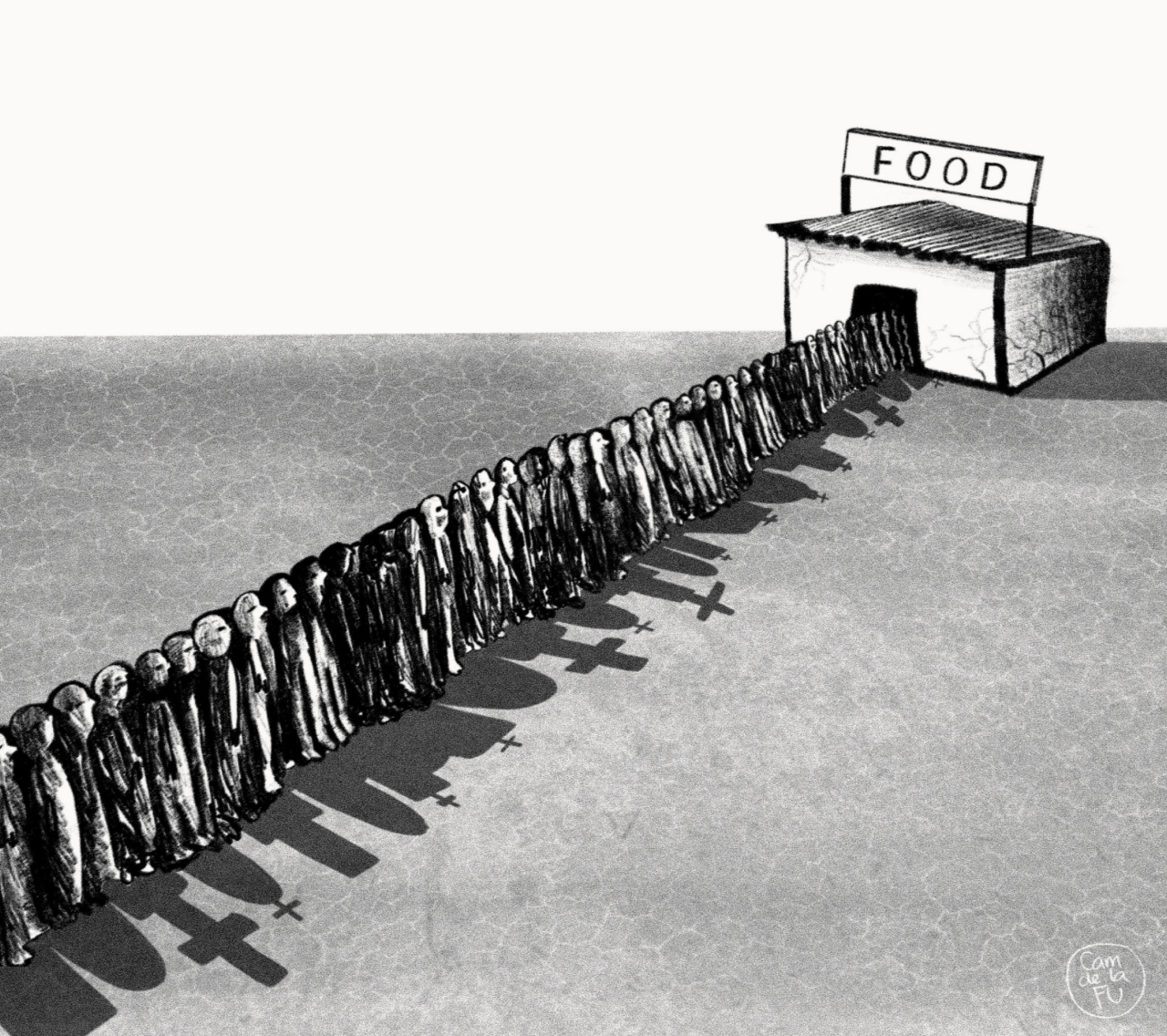The announcement by the Government of Sudan that it intends to hand over former President Omar al-Bashir and three other individuals to the International Criminal Court is dramatic, surprising, and welcome to the vast majority of people in Sudan who long for justice. But it is also problematic.
Accountability for crimes committed over the last thirty years has been one of the central demands of the Forces for Freedom and Change, which led the non-violent popular uprising that overthrew the regime of President al-Bashir in April last year. Al-Bashir and others have been charged and convicted of corruption by Sudanese courts, and are under investigation for violating the democratic constitution by mounting their military coup in 1989.
Although the civilian-led government of Sudan, and the FFC have frequently spoken about the possibility of handing al-Bashir over to the ICC, this indication was received with caution. The current government is a cohabitation between civilians and soldiers, and many of the soldiers have served in military campaigns that have witnessed egregious violations of human rights, notably in Darfur but also elsewhere in the country. Prominent among these is Gen. Mohamed ‘Hemedti’ Dagolo, leader of the Rapid Support Forces. Although not personally named in investigations into those responsible for atrocities during the height of the war in Darfur in 2003-05, Hemedti was a brigade commander of the Janjaweed, closely associated with mass killing, displacement and rape. Additionally, seven weeks after the overthrow of al-Bashir, armed men from the Rapid Support Forces and security services unleashed a violent attack on civilian protesters in Khartoum, killing over 100.
The transitional government in Sudan is undoubtedly committed to transitional justice, but the extent and timing of its pursuit of this goal is a matter of delicate political judgement. The government’s priority has been maintaining the stability of the country, and there are legitimate fears that surrendering the former president to The Hague might jeopardize that stability.
Two factors appear to have contributed to today’s announcement. One is the peace talks between the Sudanese government and the armed opposition in Darfur and elsewhere. The Darfurian opposition have been adamant that the ICC arrest warrants should be served, and agreeing to that demand is an important step towards peace. The second is the need for the Sudanese government to increase its standing vis-à-vis the international community, especially the U.S., which has been demanding further action before it is ready to remove Sudan from the list of State Sponsors of Terrorism, a necessary (but not sufficient) step towards economic stabilization. The unexpected meeting between the Chairman of the Sovereign Council, Gen. Abdel Fattah al-Burhan, and Israeli PM Benjamin Netanyahu, should be seen in that light.
International human rights advocates will welcome the extradition of al-Bashir to the ICC. But they should also be careful what they wish for: the arrival of the former Sudanese president in The Hague will present a formidable challenge to the prosecutor. The Public Application for an arrest warrant against al-Bashir, presented by then prosecutor Luis Moreno Ocampo in 2008, is unlikely to convince the judges at the court. It is an incompetently prepared document riddled with errors of fact and analysis. The first stage of the trial of al-Bashir would be a confirmation of charges hearing, and the current prosecutor will need substantially to improve on her predecessor’s performance if the charges—especially the counts of genocide—are to go forward. The ICC cannot afford another high-profile failure. Former Pres. al-Bashir is undoubtedly responsible for grievous violations against the Sudanese people, and it would be doubly tragic of the ICC prosecutor were to seek to try him for a crime for which he is not actually responsible.
Photo: Protests near the site of Sudan’s military headquarters in central Khartoum. Photograph: Ashraf Shazly/AFP/Getty Images


